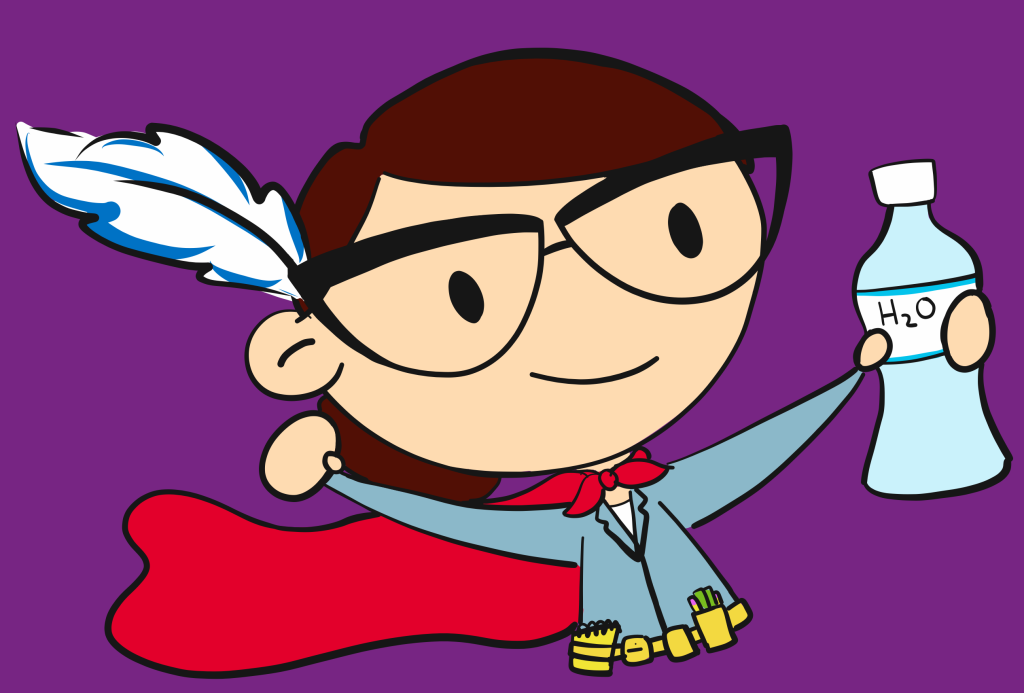In today’s world, many people are working ever increasing hours while their jobs are becoming more demanding. If you don’t take preventative measures, you will find yourself with less and less energy each week. Read on to learn how to recover your workweek and reclaim that lost energy!
Morning
- Set one alarm
Many people spend considerable time turning off various alarms and “falling back asleep.” All this does is delay the inevitable act of rolling out of bed. Time spent waking up to various alarms and then dozing off could be better spent either sleeping or getting up and starting your day. - Don’t lay in bed
There’s no point in laying in bed each morning. You are not really resting the same as you would while sleeping. - Exercise in the morning
All that time you saved from waking up immediately after your alarm and not laying around can now be applied to going to the gym or going for a run. If you can’t make it to the gym, there are many at-home exercise programs and equipment that produce great results and are a good fit for most people. Exercising before work can be the perfect way to jump start your day. - Eat a light, low-carb breakfast
Having a light breakfast will start your metabolism for the day without slowing you down. I suggest something low-carb or very light that you know won’t upset your stomach. Anything like a piece of fruit, yogurt, protein shake, or something similar is a great way to start. However, I recommend staying away from greasy foods (like breakfast sausage). Even though it is low on carbs or carb-free, it will most likely make you feel sluggish. - Drink plenty of fluid
For morning hydration, I suggest drinking a glass of cold water. It will be very hard to wean yourself off caffeine if that is your morning routine, but after some time you will notice how great a simple glass of water performs in waking you up for the day. Water also doesn’t have the sugar common in juices, which provides a rush of energy but can make you crash soon after.
During the day
- Limit caffeinated beverages
If you MUST have some caffeine, it should be controlled to 1-2 beverages per day. Caffeine is very easy to get addicted to and build up a tolerance to. If you consume too much, you tend to need even more to function well unless you break out of the cycle. - Avoid a heavy carb-loaded lunch
A big pasta dish or BBQ sandwich might seem like a really tasty lunch, but is probably one of the biggest reasons you feel sluggish in the afternoon. Replace it with a nice big salad with chicken or eat some lean meat. You will be just as full if you eat slowly, and due to the way food is digested, you will likely feel great until dinner and not have to expend so much energy on digestion. - Exercise during lunch
This could be as simple as taking a walk outside with a colleague, or just walking up and down the stairs several times. Anything that gets your blood flowing (though not as much as will get you sweaty) will get you primed for the afternoon. - Drink water all day
This is my favorite trick. If you get a large glass or bottle of water to consistently drink throughout the day, you will stay hydrated and force yourself to get up every hour or so.
Evening
- Exercise right after work
If you didn’t take my advice to do a workout before work, then right after is a close second. There’s nothing better than sweating off the stress of a hard, grueling day! It will put you in a great mood and will limit the amount of bad food you eat afterwards. If you need to go straight home after work to care for kids or due to other obligations, you can also exercise at night. The only problem is if you do it too close to your expected sleep time, it might make it harder to go to sleep. - Go to bed at a repeatable, normal time
Everyone’s schedule is different, but trying to establish a specific time to wake up and go to sleep each day will allow you to focus and will train your body to know when it should wake up and go to bed. - Establish a “shut-off time”
Try to establish a “shut-off” time after which you stop using your phone, laptop, and even TV to “detox” from electronics for the day. If some of your family members don’t cooperate with the idea of “shut-off”, try to squeeze in some time to wind down before bed time. If anything, don’t fall asleep with the TV on! Having this type of “detox” will put your brain at ease and allow you to better relax at night. - Try relaxation techniques
If you are reading this article, I’m guessing you do sometimes feel rather high-strung. If that’s the case, try and dedicate just 20 minutes a night to meditation (clear your mind and concentrate on following your deep breathing). It will take some time, but you’ll be shocked how relaxed you feel and how deep you sleep!
Summary
- Limit caffeine to 1-2 cups per day, none in the morning and none after 5 pm!
- Don’t eat heavy, carb-loaded meals during the day (or really at all!)
- At least one major exercise time per day – it is best to do it in the morning, but after work is nearly as good
- Drink lots of water. It will keep you hydrated and force you to get up and walk around.
- Get a good night’s rest. Try and set a “bedtime” each day and get up as soon as your alarm goes off.
- Shut-off time. Set a time each night to completely unplug from electronics and all distractions. It will clear your mind and prepare your body for a long snooze!
Overall, there are many things that you can do to relieve stress and get your energy back. There is not a “magic pill”, and everyone has to come up with his/her own routine. However, I think that following even a few of these suggestions will make you feel much more refreshed and energetic during the day.



